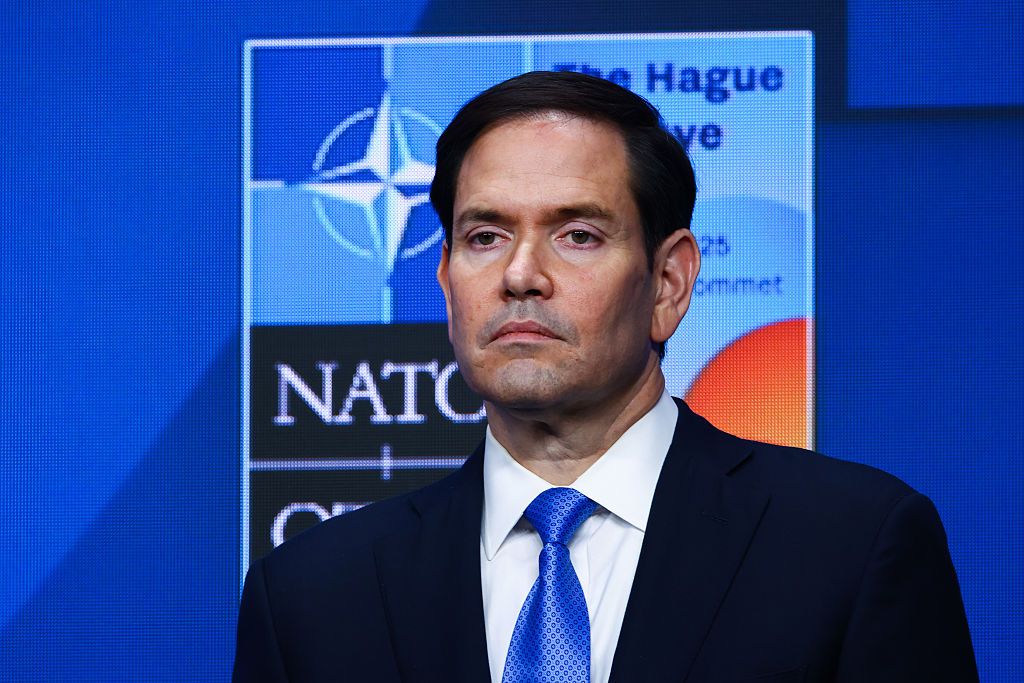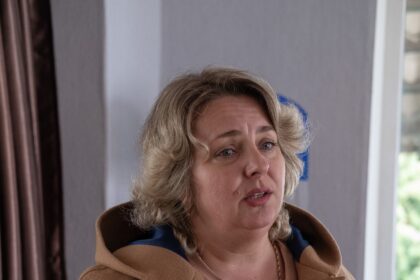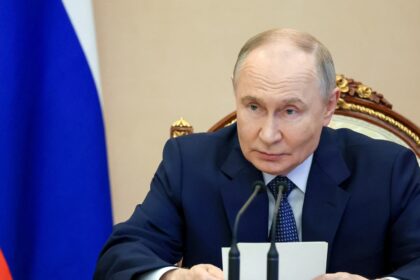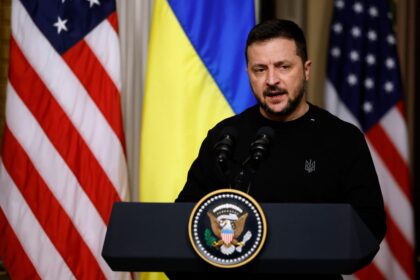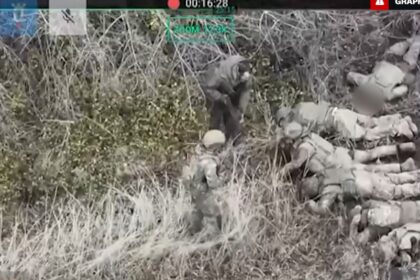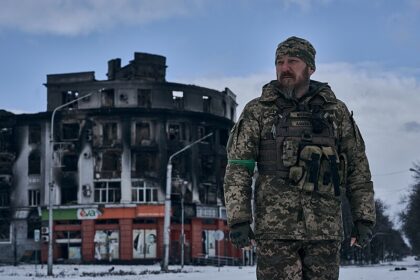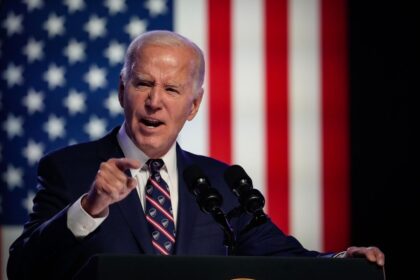**NATO Allies Surprised by Rubio’s Inconsistency on Russia Sanctions**
United States Secretary of State Marco Rubio has left NATO allies scratching their heads this week with his conflicting messages on Russia sanctions. According to reports from POLITICO, Rubio delivered a tougher stance in private than in his public remarks during the alliance’s annual summit.
During a private dinner meeting with NATO foreign ministers, Rubio acknowledged that Russia was the main obstacle preventing peace talks to end the war in Ukraine. He reportedly said that the U.S. Senate would likely consider new sanctions legislation after completing work on President Donald Trump’s spending bill. This message was a surprise to many, as it seemed to suggest a stronger stance against Russia than previously thought.
However, just hours later, Rubio softened his position on Russia during an exclusive interview with POLITICO. He called for a more cautious approach, saying that imposing too many sanctions might “lose our ability to talk to them about the ceasefire and then who’s talking to them?” This comment seemed to contradict his earlier statement, leaving NATO allies wondering what to make of it.
Rubio also suggested that President Trump would know the “time and place” to change course on Russia. When asked about the apparent shift in tone, a senior U.S. official insisted that Rubio’s messaging has remained consistent in conversations with allies. The official pointed out three key points that Rubio has been emphasizing: the importance of negotiations to end the war, the need for caution when imposing sanctions, and the eventual move by the Senate to impose new sanctions.
The apparent inconsistency between Rubio’s public and private messages has left some NATO allies feeling frustrated. Polish Foreign Minister Radoslaw Sikorski reportedly criticized Russia’s President Vladimir Putin for violating the ceasefire, while also denouncing Moscow’s repeated attacks on Ukrainian cities. Sikorski implied that the U.S. and Europe should do more to support Ukraine in response to these attacks.
Despite the shifting rhetoric, Baltic and Nordic countries view Rubio as a pragmatic ally within the Trump administration. They see him as someone who has a realistic understanding of the threats posed by Russia and China, according to a second European official cited by POLITICO.
The situation highlights the complexities of dealing with Russia’s aggressive behavior in Ukraine. While some may call for stronger sanctions, others worry that such measures might push Moscow further away from negotiations. As Rubio continues to navigate these delicate waters, it remains to be seen how his inconsistency will impact NATO’s efforts to address the crisis in Ukraine.
Read More @ kyivindependent.com




